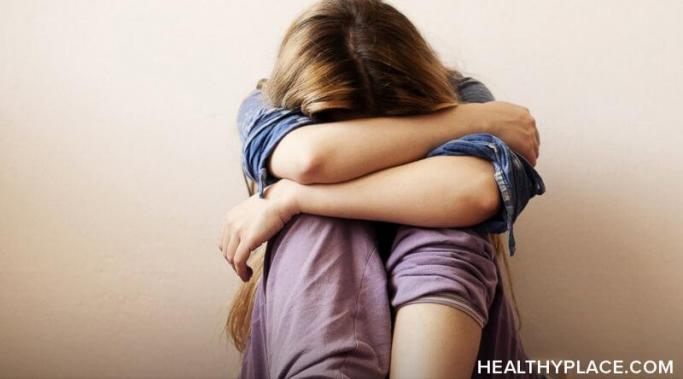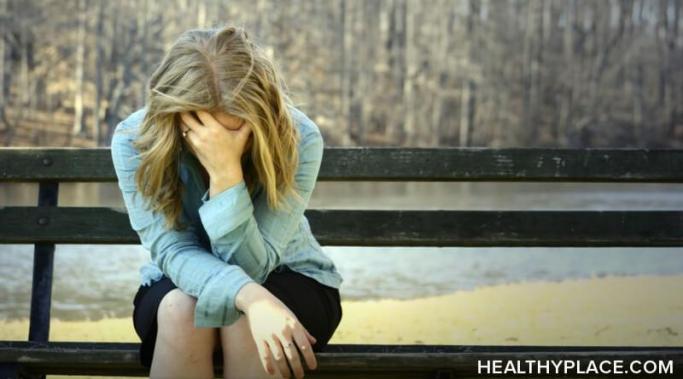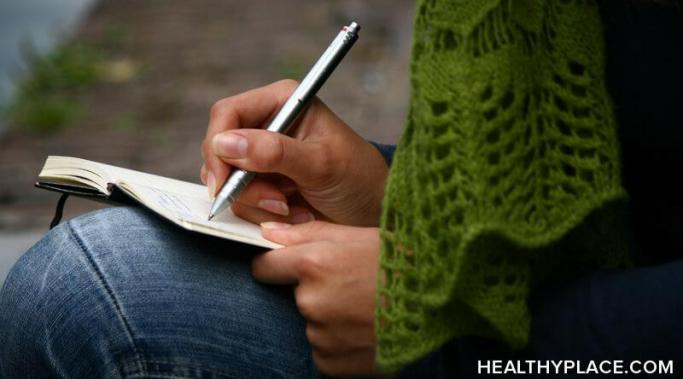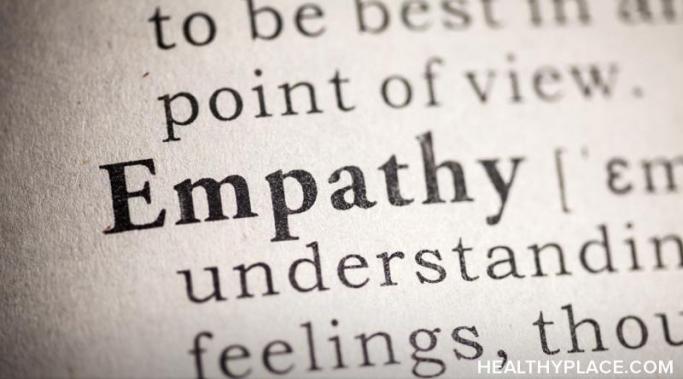If 2020 was a terrible year for you and it made your depression worse, please know that you are not alone. Even as a mental health blogger with nearly two decades of lived experience, the past year has been one of the roughest years of my life.
Coping with Depression
This will be my final post of 2020. Not only are we heading into a new year, but I am due to give birth in just over a week, and I'll be taking a few weeks after that to settle into our new routine as a family of four (and I'm using the word "routine" very loosely). So, with that in mind, I thought I would use this week's blog post to reflect on what I've learned in 2020, and more specifically, what I've learned since joining the HealthyPlace community.
It is often said that relationships are a two-way street — that you get out what you put in. So how do you maintain relationships (platonic, romantic, or familial) when your mental health interferes with your ability to support others? How do you maintain relationships when you are so preoccupied with your thoughts and ruminations that it doesn't even occur to you to check in on the people closest to you? Sure, the odd blip can be forgiven, but in the case of chronic, long-term depression, how do you manage to convince other people to stick around? How do you tell them that you're not selfish, just suffering?
Like me, I'm sure many people have been advised to "be positive" when they are depressed or struggling in general. One would think over time, this typically misused saying would fade away. Instead, we have a version 2.0: "good vibes only." And thanks to social media, this catchphrase has become so popular that it now comes emblazoned on products like notebooks and T-shirts. This attitude is a form of toxic positivity and is harmful to a person with depression. Allow me to explain why.
How can shame damage relationships? After all, shame has been a part of human culture for thousands of years. It is one of the things that makes human relationships and social structures unique and is arguably a necessary component of every civilized society. However, I believe people with mental health issues experience shame at a disproportionately high level, and this can be incredibly detrimental not only to their recovery — but also to their relationships with the people around them.
t's no secret that depression zaps your motivation to do, well, anything, and can drastically lower your productivity. The constant carousel of intrusive thoughts and worries can have a paralyzing effect — making it impossible to focus on anything beyond the most basic of tasks and making you feel like a failure. Fortunately, there is something you can do to help alleviate those feelings, and it involves reassessing what you think it means to be productive (with or without depression).
I recently went on a social media break -- no doomscrolling, no aggravating my depression -- and it felt great. Social media is where I get most of my news, and given that the world seems to be falling apart these days, it was a relief to get away from doomscrolling.
Coping with depression is a daily battle. Depression recovery can take years, and there is no such thing as a "quick fix." There are, however, things you can do to bring rapid relief in times of stress, anxiety, and panic attacks. For me, that relief has come in the form of autonomous sensory meridian response (ASMR) — a strange online phenomenon that has been a source of comfort and relaxation for millions since the mid-2000s, even though most people have no idea what it is.
We are living in an age of unprecedented mental health awareness and mental illness empathy. Mental health stigma is decreasing. Mental health charities, awareness campaigns, and changes to the law in the last 10 years have created a social landscape where people feel much safer talking about their problems without the fear of being mocked, abused, and alienated. As someone with a mental illness, you would think I'd be thrilled by this, but the truth is that up until quite recently, I resented it.
First off, I want to clarify that depression and victim mentality are not the same. The former is a mental illness that no one can choose, while the latter is a mindset that may or may not be a choice. That said, victim mentality does play a role in depression, which is why it is crucial to identify and manage it.









